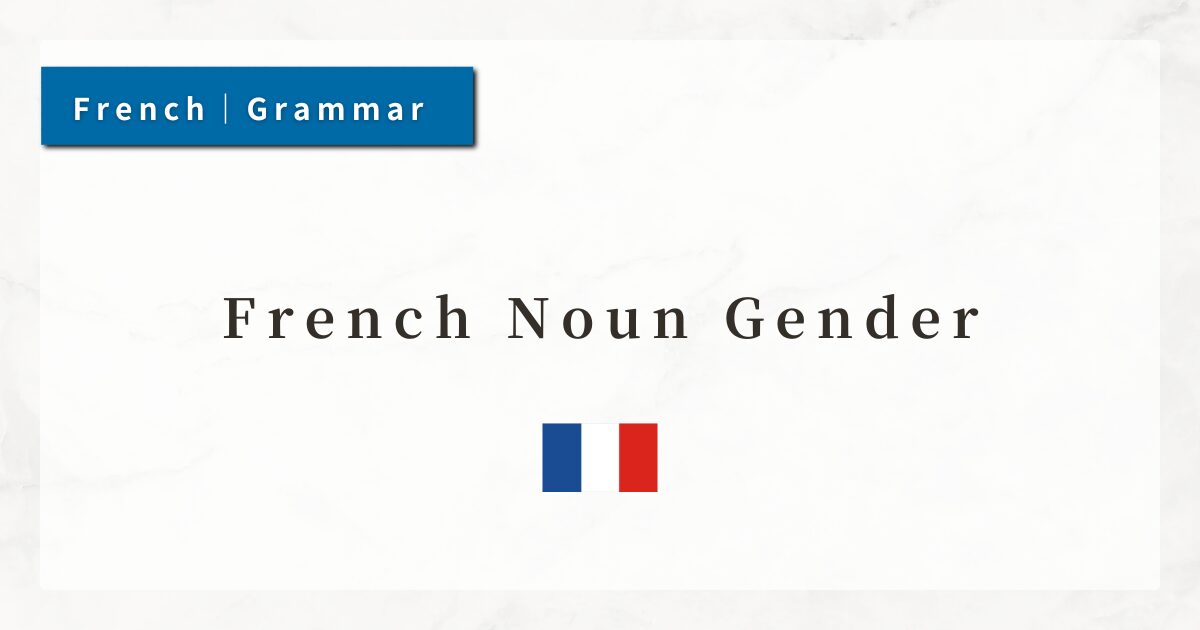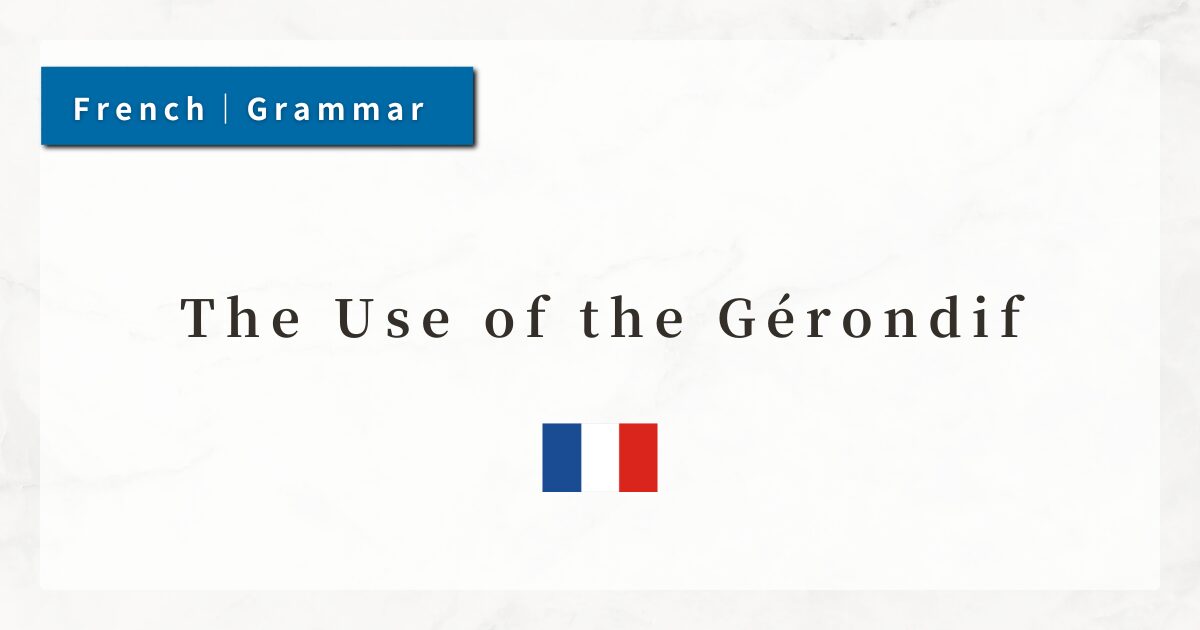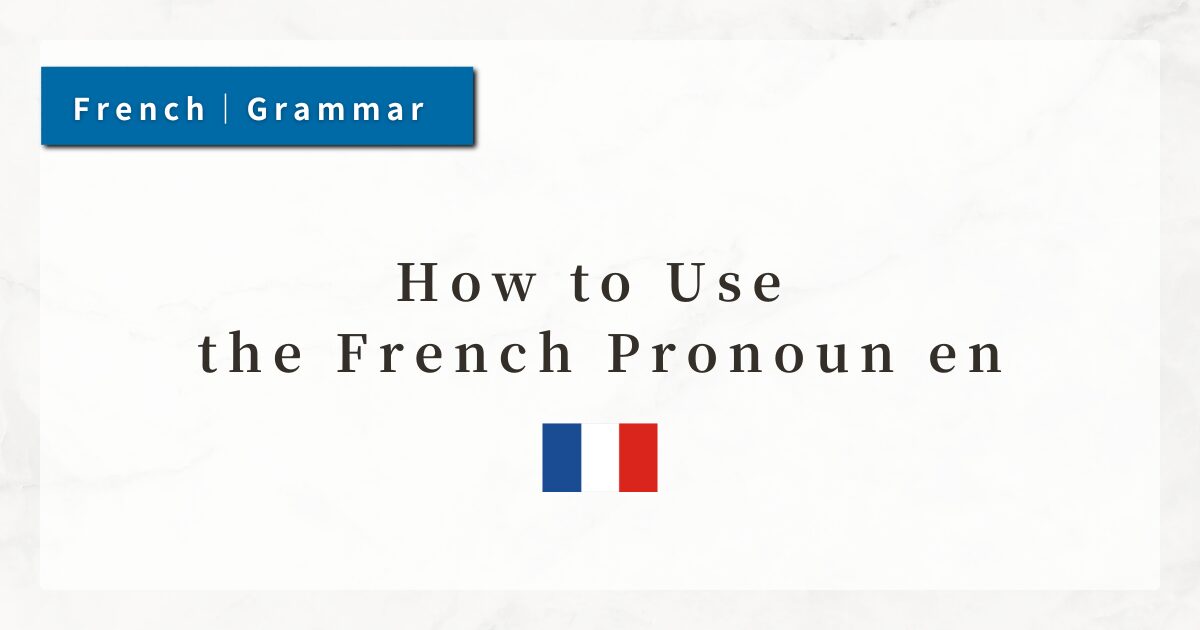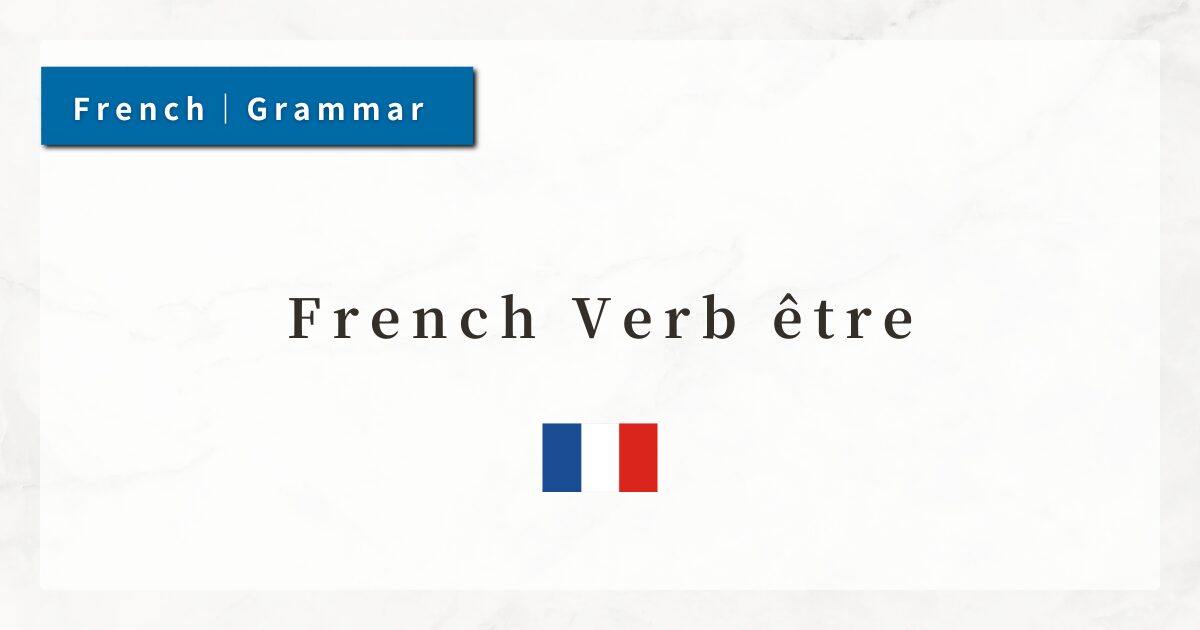#64 French Present Conditional (conditionnel présent) | Meaning and Usage
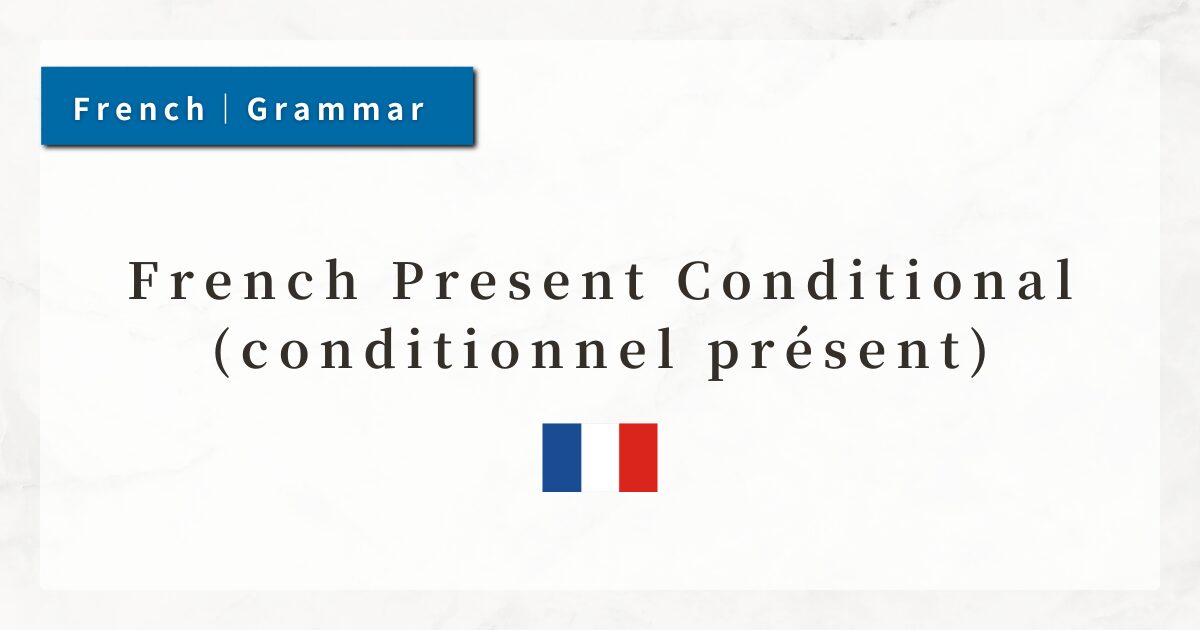
The present conditional in French is used to express hypothetical situations (“if… then…”), polite requests or suggestions, and uncertain information.
It corresponds to English “would + verb”, but in French the forms are strictly defined, and learners must be careful not to confuse it with the future tense.
In this lesson, I will explain how to form and use the present conditional in French.
1. What Is the Present Conditional?
The present conditional (le conditionnel présent) expresses the idea of “would do” or “would be.”
It is mainly used in the following contexts:
- Hypothetical situations
- Polite requests or suggestions
- Assumptions or uncertain information
2. Formation of the Present Conditional
The present conditional is formed with: “future stem + imperfect endings.”
The endings of the imperfect are: “-ais / -ais / -ait / -ions / -iez / -aient”
- je parlerais
- tu parlerais
- il/elle parlerait
- nous parlerions
- vous parleriez
- ils/elles parleraient
Examples with irregular stems (same as in the future tense):
| Verb | Stem | Example (je) |
|---|---|---|
| avoir | aur- | j’aurais |
| être | ser- | je serais |
| aller | ir- | j’irais |
| faire | fer- | je ferais |
| pouvoir | pourr- | je pourrais |
| vouloir | voudr- | je voudrais |
| venir | viendr- | je viendrais |
3. Uses of the Present Conditional
3-1. Hypothetical Situations
The most common use of the conditional is to imagine unreal or contrary-to-fact situations.
- si + imperfect, present conditional
- Si j’avais plus de temps, je voyagerais en Europe.
(If I had more time, I would travel in Europe.) - Si nous habitions à Paris, nous irions au musée plus souvent.
(If we lived in Paris, we would go to the museum more often.)
The si-clause takes the imperfect; the result clause takes the conditional. This corresponds to the English “second conditional,” but in French the verb forms are strictly marked.
3-2. Polite Requests and Suggestions
The conditional softens statements and is often used for politeness, especially with verbs such as aimer, pouvoir, and vouloir.
- Je voudrais un café, s’il vous plaît.
(I would like a coffee, please.) - Pourriez-vous m’aider ?
(Could you help me?) - Aimeriez-vous dîner avec nous ce soir ?
(Would you like to have dinner with us this evening?)
3-3. Assumptions or Uncertain Information
The conditional is also used to indicate reported information or speculation. This use is common in news reports.
- Il serait malade.
(He is said to be ill / He might be ill.) - Ce magasin fermerait bientôt.
(This store is said to be closing soon.)
Here, the speaker does not present the statement as confirmed fact.
4. Difference from the Simple Future
The present conditional and the simple future look similar but differ in meaning.
| Tense | Example | Meaning |
|---|---|---|
| Simple future | J’irai à Paris demain. | I will go to Paris tomorrow. (a real plan) |
| Conditional present | J’irais à Paris si j’avais le temps. | I would go to Paris if I had the time. (hypothetical) |
The simple future expresses what will actually happen.
The conditional present expresses what would happen if certain conditions were met, or in hypothetical/unreal situations.
5. Summary
- The present conditional is formed with “future stem + imperfect endings.”
- It has three main uses:
1. Hypothetical situations (si + imperfect, conditional present)
2. Polite requests and suggestions (often with aimer, pouvoir, vouloir)
3. Assumptions or unconfirmed reports - Do not confuse it with the simple future:
Future → planned/expected events
Conditional → hypothetical or conditional events

